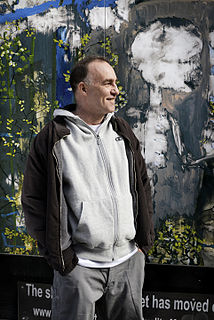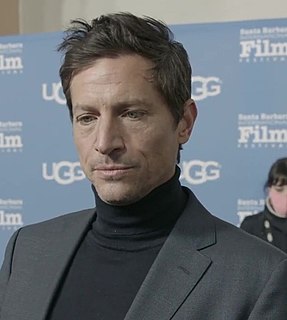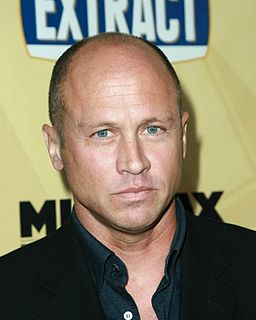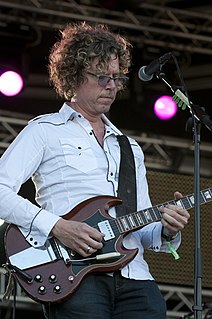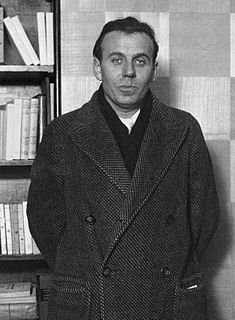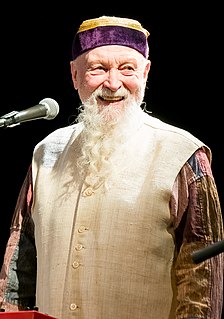A Quote by Cory Monteith
I see the people in the tabloids, the ones that get bad press, who have kind of gone off the edge, and I try to study them so that I don't do that. It seems like they lost focus at some point - that's the one thing they all have in common.
Related Quotes
It kind of hit me at some point during the process that most people in the film business - not just the executives, the people who make them, too - tend to come from pretty upper-class backgrounds. If they go work a job, it's to have that experience, that sort of thing. After they graduate college, they have time to go visit Europe and take some time off and get their heads together. That kind of thing, I sure didn't have.
If I try to figure out what people want and give it to them, it's a failure. If I try to please people and figure out what's going to get me from point A to point B, I fail. But I think if I do what I want to do, in the long run, maybe not tomorrow, but at some point, I think it'll pay off and it'll at least feel honest.
I know that some of the folks in the press are uptight about this [moving the press corps out of the West Wing ], and I understand. What we're - the only thing that's been discussed is whether or not the initial press conferences are going to be in that small press - and for the people listening to this that don't know this, that the press room that people see on TV is very, very tiny. Forty-nine people fit in that press room.
Maybe I'd never see him again... maybe he'd gone for good... swallowed up, body and soul, in the kind of stories you hear about... Ah, it's an awful thing... and being young doesn't help any... when you notice for the first time... the way you lose people as you go along ... the buddies you'll never see again... never again... when you notice that they've disappeared like dreams... that it's all over... finished... that you too will get lost someday... a long way off but inevitably... in the awful torrent of things and people... of the days and shapes... that pass... that never stop.
So many rich people, when they get into philanthropy, they have one thing they like, or several things they focus on. They pick a disease or a college or some kind of non-profit. They produce good results through that cause, but also they get recognized; there's some sort of monument to what they did.
I've played people that are on the line of evil and good, but that's life. We are always playing with the good and the bad. I see them as people. I don't see them as caricatures. I try to not make them caricatures. Maybe I fail, but I try to see what' behind them. Would I play the hero? A superhero? I don't think so. But, I play good guys. There are some there, but you have to look.
My idea of a good picture is one that's in focus and of a famous person. People are only glamorous if you don't see them. Like the movies used to make people years ago. There is something about people on screen that makes them so special; when you see them in person, they are so different and the whole illusion is gone.
Being in darkness and confusion is interesting to me. But behind it you can rise out of that and see things the way the really are. That there is some sort of truth to the whole thing, if you could just get to that point where you could see it, and live it, and feel it. I think it is a long, long, way off. In the meantime there’s suffering and darkness and confusion and absurdities, and it’s people kind of going in circles. It’s fantastic. It’s like a strange carnival: it’s a lot of fun, but it’s a lot of pain.

